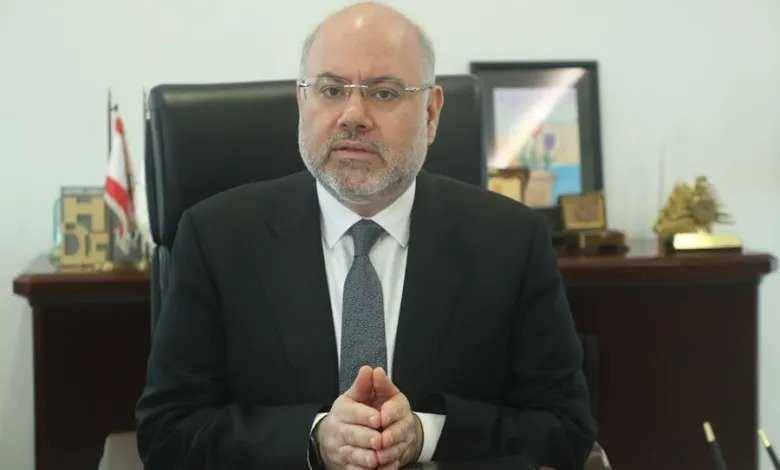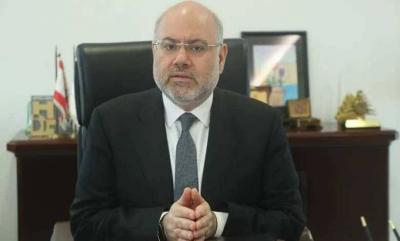The caretaker Minister of Public Health, Firas al-White, emphasized the "importance of defining a package of essential health services in Lebanon as a necessary first step towards universal health coverage," pointing out that "the Lebanese health system has focused on advanced medications and specialized care without paying attention to primary care and preventive measures like early cancer detection tests." He noted the importance of including the essential services package for all Lebanese citizens and financing it from various sources.
Minister al-White's remarks came during a series of specialized workshops on universal health coverage organized by the Ministry of Public Health over three days in collaboration with a World Bank mission visiting Lebanon. The workshops aimed to establish a common understanding of how to establish universal health coverage in Lebanon compared to the experiences of other countries.
Minister al-White stated, "It is clear that we are moving towards a new health system. We must make a decision in this regard. Experiences from other countries show that there is no perfect health system; every adopted system has its advantages and disadvantages, and we need to choose the best system for our society. The current situation cannot continue, where citizens are forced to pay out of their pockets about eighty percent of the health bill, meaning that many citizens cannot access the health services they need. Undoubtedly, the lack of equity in accessing services will lead to many social and economic problems."
He explained that "health spending in Lebanon fluctuated before the crisis, i.e., before 2019, between 750 and 1,000 dollars per person annually, of which thirty percent came out of the citizen's pocket, and there was no comprehensive health coverage. In contrast, health spending in Turkey is 370 dollars per person annually, with comprehensive health coverage." Al-White stated that these figures show that Lebanon was spending a lot without achieving the desired result, while other countries spend less and more effectively.
In a key intervention, World Bank Chief Economist Beah Schneider presented a number of health systems in use worldwide. She noted that "wealthy countries, where individuals have high incomes, spend more on health than low-income countries. Additionally, their funding sources for health coverage are diverse, while access to health services in poor countries primarily relies on private payments."
She highlighted that "what countries want to achieve is to move towards other models that require greater burden-sharing to achieve comprehensive coverage, by reducing private payments and enhancing multiple sources of co-financing through taxes or premiums or contributions and aggregating them in a package to send them effectively to providers to create health packages with lower required payments from citizens."
She pointed out that "the problem in Lebanon is that the majority of payments come from private funds, and twenty percent of the population in Lebanon is over 65 years old, in addition to an active informal sector. For this reason, comprehensive health coverage cannot be achieved without benefiting from government tax revenues."
She clarified that "most countries that have managed to achieve universal health coverage finance this coverage from taxes and mandatory pre-paid government revenues, and there are also high-income countries that resort to mandatory private insurance alongside supporting coverage for marginalized and poor groups."
In a comment, the head of the Parliamentary Health Committee, Bilal Abdullah, addressed the proposed law currently under study regarding universal health coverage, stressing the importance of legalizing taxes and striving to ensure they are allocated for health, stating, "The concern is to restore the dignity of the Lebanese citizen regarding healthcare."




